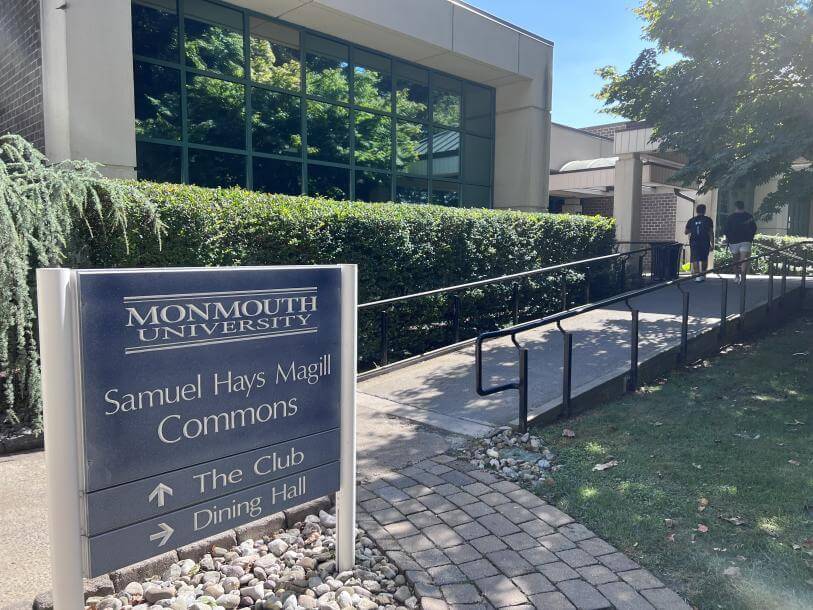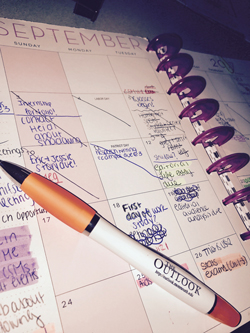For busy college students trying to balance schoolwork, jobs, hobbies, and a social life, having good nutrition is crucial to health and wellness.
College students’ irregular eating habits are frequently caused by their hectic schedules and late evening classes. When there isn’t enough time to eat, meals are typically skipped (most usually breakfast), leading to poor eating patterns.
According to UPMC HealthBeat, “Healthy Diets for College Students: How to Eat Well on Campus,” college student should eat breakfast, establish a consistent eating routine, and eat balanced meals.
This source’s studies suggest that breakfast eaters demonstrate more effective problem-solving abilities, enhanced hand-eye coordination, improved memory recall, improved fact understanding, and stabler energy levels.
UPMC asserts that consuming two or three substantial meals a day will assist students in acquiring healthy eating habits. So, make sure to save your trips to the Magill Dining Hall for times when you can sit down and have a complete meal.
The source also recommends that students eat on a regular schedule. Students who eat on a regular schedule will be better prepared for success and will keep their bodies and minds functioning at their peak levels. The challenge is to fight the urge to skip meals so that one can study, get some sleep, or arrive to class early.
John Papagni, a junior communication student, said, “A tip I recommend when it comes to eating healthy is to write down what you are eating and what you are buying. Always make sure you are eating a variety of food such as proteins, vegetables, healthy fats, and please remember to drink lots of water.”
Although drinking water is a basic task, many students still forget to do it, so eating foods like fruits, beans, and vegetables that are high in water content is ideal to get supplementary hydration. It can also be easier to remember to drink water if you purchase a reusable water bottle and bring it to classes, club meetings, or the Student Center when studying. At the end of the day, drinking water helps our bodies function effectively by maintaining several parts of it, including digestion.
According to MedicalNewsToday, “A guide to eating a balanced diet,” a balanced diet contains items from all five food groups and meets daily nutritional requirements. Fruits, vegetables, grains, protein rich foods, and dairy are included in these categories. Ultimately, a balanced diet lowers the risk of disease and aids in maintaining good health.
Luca Morello, a junior marketing student, said, “I would say it’s all about balance. Something easy to do is buy fruits like apples, bananas, and oranges. They don’t take long to eat and provide great nutritional benefits.”
Morello continued, “It is great to cook healthy meals, but if you don’t have time for that there are plenty of healthy options in frozen food that can be heated up in a microwave or oven. This can be more convenient as they don’t need constant attention while it’s being cooked. During this cooking time in the oven, you can complete schoolwork.”
While it can be difficult to balance eating foods, let alone classes and social activities, it is important to eat healthy in order to function in other areas, such as school and life. Keeping track of what one eats and understanding that nutritional health is one of the foundations for all other life functions is an important concept for students to understand and will help to foster a good health/study balance for students at Monmouth University.



